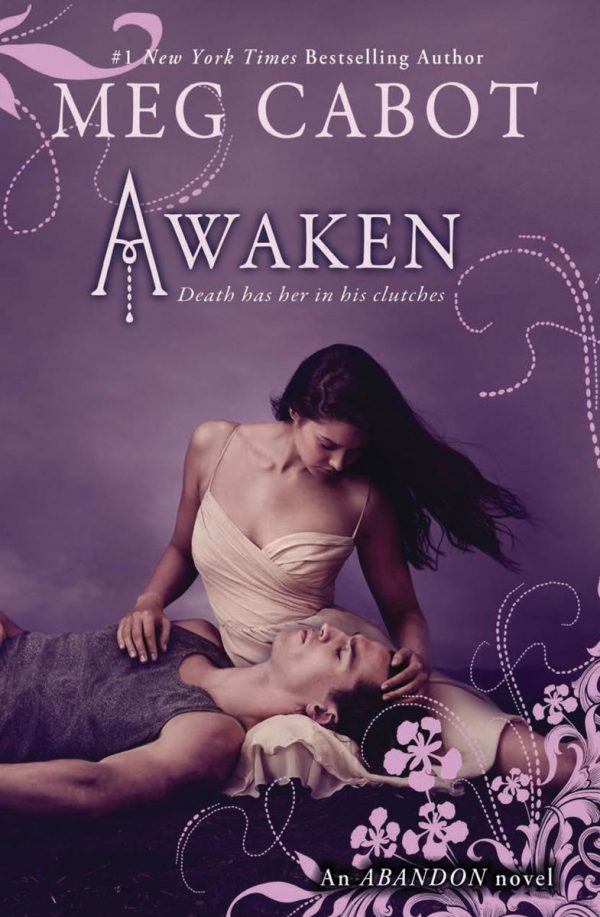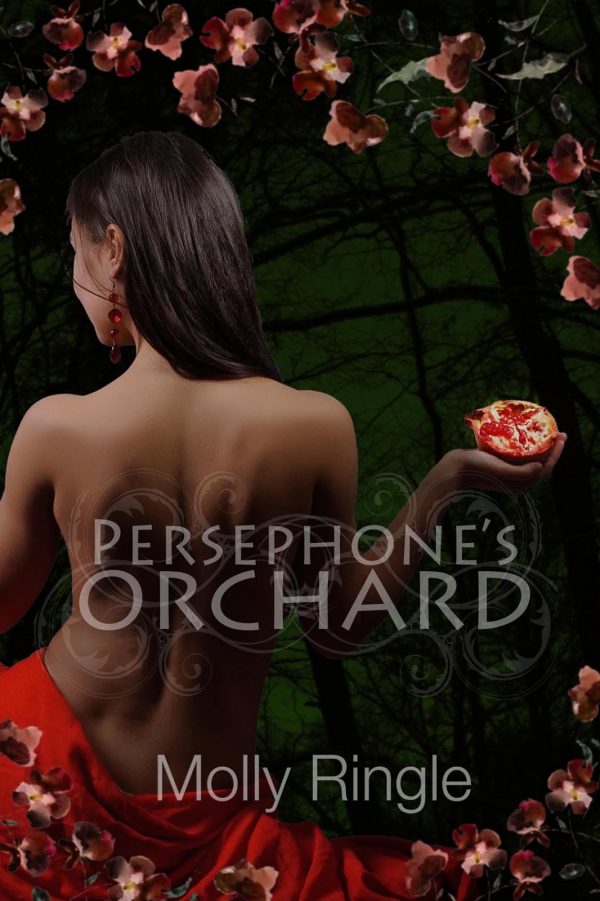Over two thousand years ago, the story of Persephone was born.
The Homeric Hymn to Demeter (written in the 600s B.C.) is the first known documentation of this Greek goddess’s dramatic tale: a young maiden playing innocently in a field of flowers, Persephone is violently abducted by Hades, the God of the Underworld, and taken to his kingdom against her will. Her mother, Demeter, is understandably distraught at her daughter’s disappearance and goes into deep mourning. While imprisoned in Hades’ kingdom, Persephone is infamously tricked into eating the seeds of a pomegranate, an act that obliges her to remain in the Underworld with her new husband for six months out of every year for the rest of her immortal life.
A really depressing story, right? It’s marked by sexual violence, kidnapping, tragedy, and a mother’s savage grief. Indeed, the story told in the Hymn to Demeter is better known today as the Rape of Persephone.
But modern writers have felt no compunctions to adhere to the original themes and plot of the Persephone myth. In fact, today’s YA authors seem downright determined to romanticize one of the most infamous acts of sexual violence in all of literary history.

Source: Amazon
In Meg Cabot’s Abandon series, Emily Whitman’s Radiant Darkness, Molly Ringle’s Persephone’s Orchard, and Aimee Carter’s The Goddess Test series, Persephone’s violent abduction is transformed into an act of true love. How is this done? Why, by making it clear that Persephone wants to be taken to the Underworld, that she loves Hades and he loves her. All the sexual violence of the original myth is either diligently ignored, or its existence is explicitly denied by the Persephone characters themselves:
“Persephone. Daughter of Demeter, the harvest goddess. Kidnapped and forced to—Wrong! In every book of myths, the same; in every book, wrong!”
~Prologue, Radiant Darkness, by Emily Whitman
But these authors have every right to write their own adaptations of the original myth, don’t they? Yes, they absolutely do. And the lack of kidnapping and violence definitely makes for a happier story.
But on the other hand, this sort of systematic denial on the author’s’ part would seem to be just one more symptom of modern society’s tendency to deny the reality of sexual violence. Although more and more brave people have spoken out against such crimes in recent years, we are still appallingly willing to ignore, justify, or excuse them.

Source: Amazon
Though they may just be stories, myths have power. They permeate our ideology, paintings, sculptures, music, poetry, drama, and literature. We cannot simply dismiss myths like the Rape of Persephone as unimportant or the changes wrought by modern YA authors as unworthy of notice: they actually have a lot of influence on the young girls who make up those authors’ audiences. Modern YA novels are clearly capitalizing on that influence and (intentionally or not) teaching those girls to see reality through rose-tinted lenses.
And that’s just not okay.
YouTube Channel: Andrea Cirla
Featured image via Amazon



